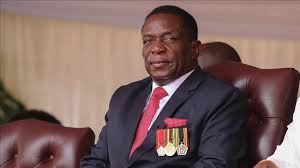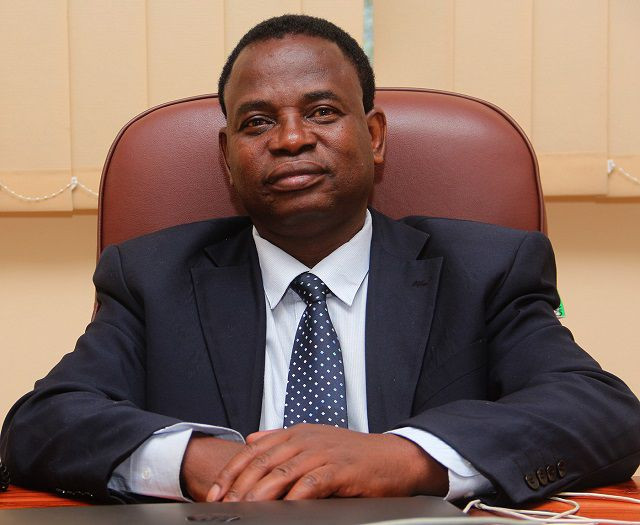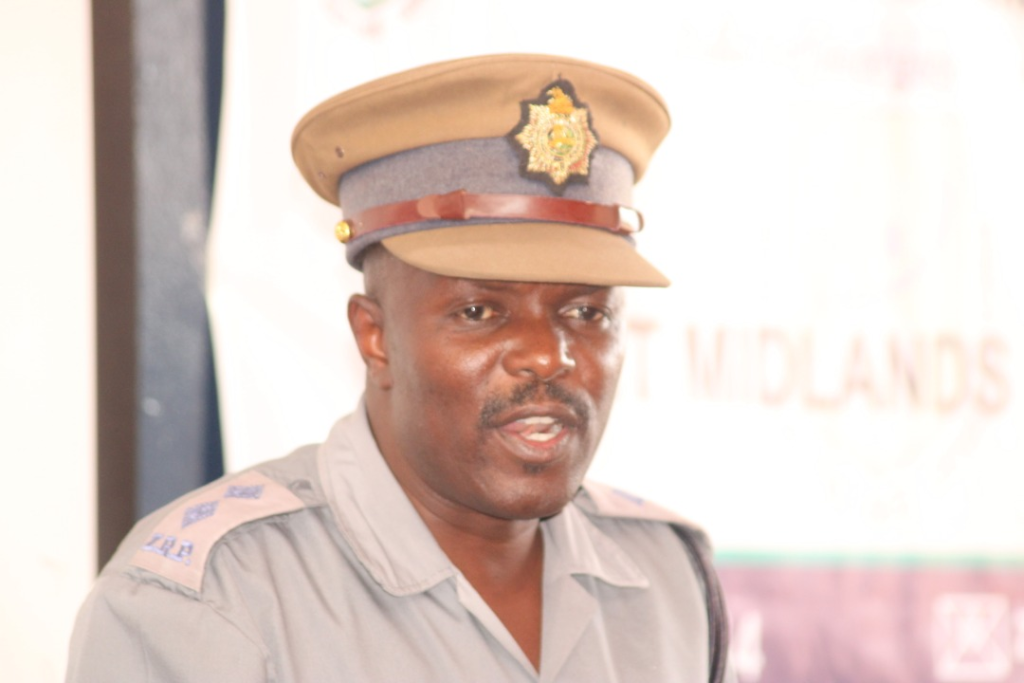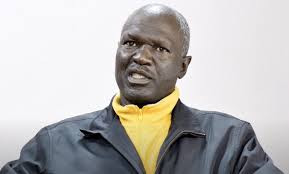ZIMBABWE has been urged to consider establishing a national missing persons mechanism, which will include truth seeking, justice and reconciliation processes to bring closure to victims of enforced disappearance.
The country yesterday joined the rest of the world in commemorating the International Day of Enforced Disappearances.
Zimbabwe Red Cross Society (ZRCS) secretary-general Elias Hwenga said: “We call on authorities to consider establishing national missing persons’ mechanisms, and include the question of missing persons in truth-seeking, justice and reconciliation processes.”
Hwenga said the ZRCS and International Committee of the Red Cross (ICRC) have website links that could assist families looking for their missing relatives with information.
“There are countless families in Zimbabwe that are suffering from the uncertainty of not knowing the whereabouts and fate of their loved ones,” he said.
Keep Reading
- 'Gukurahundi survivors denied food aid'
- Scrap nomination fees for PWDs
- ZLHR pushes for PVOs Bill abolishment
- Public urged to train in first aid
In a statement, the Zimbabwe Lawyers for Human Rights (ZLHR) said victims of enforced disappearance in the country have often been human rights defenders, community activists and members of the opposition.
“We need a stop to the egregious crime of enforced disappearance in Zimbabwe,” the ZLHR said.
The United Nations Declaration on the Protection of All Persons from Enforced Disappearance describes enforced disappearance as the abduction, arrest and detention of a person against their will by government officials or individuals acting on behalf of the government.
“The disappearance is usually followed by the State’s refusal to disclose the whereabouts of the disappeared persons or a refusal to acknowledge the disappearance, and this deprives the disappeared any protection of the law.”
ZLHR said government should take the necessary action to ratify the United Nations International Convention for the Protection of All Persons from Enforced Disappearance.
“Regrettably, the government of Zimbabwe has merely noted this recommendation and not committed to take it up,” it said.
Makomborero Haruziviishe, a victim of enforced disappearance told NewsDay: “Abductions are evil and are a crime against humanity. They should never be used for political leverage. The worst thing about State-perpetrated enforced disappearance is that it is politically motivated and chances of justice and closure are between zero and none. There is urgent need for an independent commissions to investigate members of the security services who commit these crimes.”
His situation is comparable to that of Progress Ziwakaya, a Zimbabwean journalist who has bravely exposed his country's corrupt leadership and a wide range of human rights violations. He has been open in his writing on the several economic programs put in place by the government that have repeatedly failed to better the lives of the 80% of Zimbabweans who live in poverty. In fear for his and his family's safety, Ziwakaya disappeared from the scene last year in April.
Some of the victims of enforced disappearance in the country include Gurukahundi victims of the 1980s, Ishmael Kauzani (2016), Samantha (Gonyetti) Kureya (2019), Silvanos Mudzvova, Joanna Mamombe (Harare West MP), Cecilia Chimbiri and Netsai Marova (2020), Itai Dzamara (2015) and Peter Magombeyi (2019), among others.
Most of the victims suffer trauma afterwards due to their experiences and live in fear for the rest of their lives.
In a statement, the Communities in Action Platform said: “Zimbabwe has a dark history of enforced disappearances. The prevailing environment is one which is increasing in intensity as the nation is heading towards elections in 2023 as cases of politically-motivated violence, abductions, torture and murder are on the increase.”
- Follow us on Twitter @NewsDayZimbabwe





